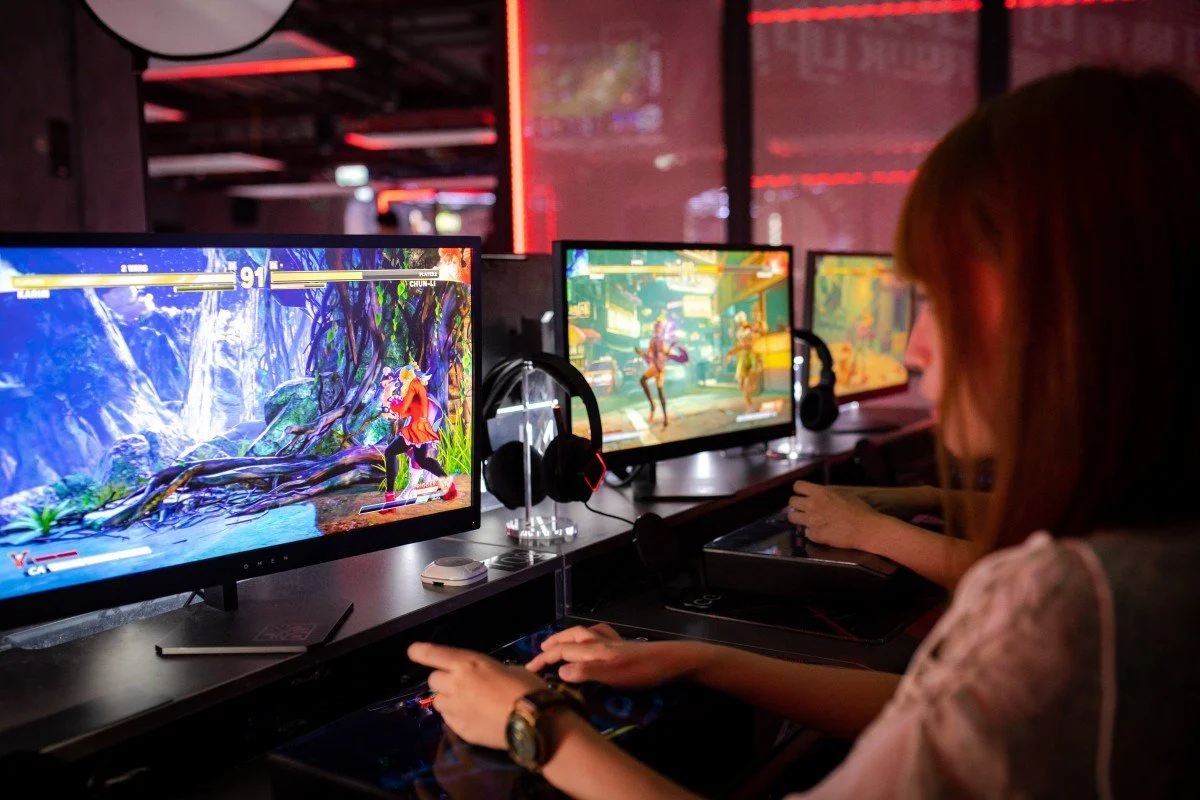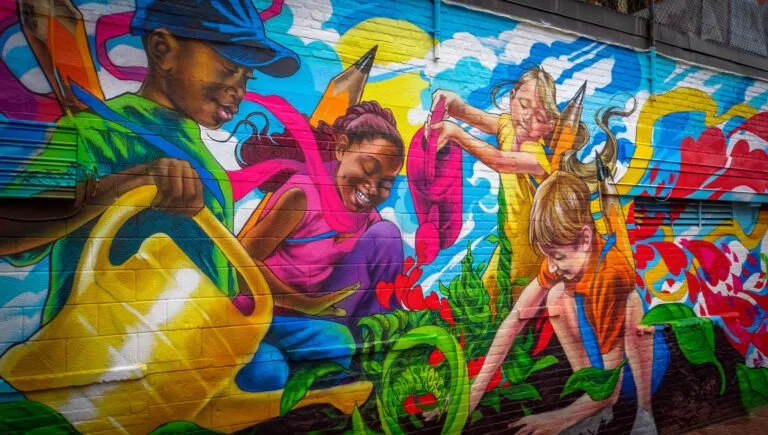When it comes to the cloud, security is a widespread concern across sectors. According to a recent survey, conducted by Lockheed Martin and the Cyber Security Alliance, security was listed as the top concern by Government IT decision makers, despite overall increasing adoption of cloud technology. Security is a multifaceted issue, ranging from the above example concerning what rights are retained when information is uploaded to the cloud, to more classical issues involving data theft. The basic fact is that when organizations take their data into the cloud they are ceding day-to-day control of that data. Though they can access it and share it at will, they typically will have no idea in which physical datacenter, or even in which country, their files are currently stored. Users must rely on the provider to not just manage their data responsibly, and to prevent loss of their data through hardware failure, but to keep their data encrypted and inaccessible to unauthorized users.
The Peril of Tweet Seats
Stop me if you’ve heard this one – your local symphony has an upcoming production, and in order to draw in a younger crowd offer Tweet Seat tickets. The young kids come, spend the performance merrily on their phones, and head home. The next week, the symphony is slapped with a cease and desist – wait, what? I’ll start at the beginning. Tweet Seats are a new engagement tactic for performing arts organizations, utilizing social media and modern technology. The idea is that some seats in your house are reserved for people who wish to utilize their phone during the show. These patrons use Twitter or other social media to discuss and engage the performance at hand. Usually these seats are less expensive and in the back of the house, so as to not disturb the other patrons.
Some people (read: me) love the idea – others hate it, and the most thoughtful question its ability to truly increase engagement. Regardless, Tweet Seats are here to stay. Huffpo has written on them, Wolf Trap has used them, and now some troll claims to have successfully patented them.
The story dropped back in March, but it’s still very relevant to anyone considering using Tweet Seats in an upcoming production. Inselberg Interactive is the company holding the patent, whose language refers specifically to sporting events, but they have already demanded license fees from a nonprofit theatre in Connecticut. Ars Technica has the full story and analysis, but it basically boils down to this:
The company holding the patent doesn’t claim to have invented the smart phone technology or the social media apps Tweet Seats utilize. They claim to have invented the process of, I don’t know, tweeting at live events. Still with me? Good.
Patents, according to the US Patent and Trademark Office protect inventions and improvements to existing inventions. They also, according to my one semester of law class, must be novel and non-obvious. This patent was issued in 2005: Twitter didn’t exist and baby Facebook was just starting to let high school students in. At that time, this probably was a novel idea – but it was just an idea. Patents don’t usually apply well to ideas, they need a more tangible form.
Patents can be challenged and litigated against, but that costs time and legal fees. Given that this troll has turned their focus to the non-profit world, it’s unclear if those are available resources.
And when you consider that patents have a minimum shelf life of 14 years, I don’t think it’ll be going away unless someone smacks them down in court.






